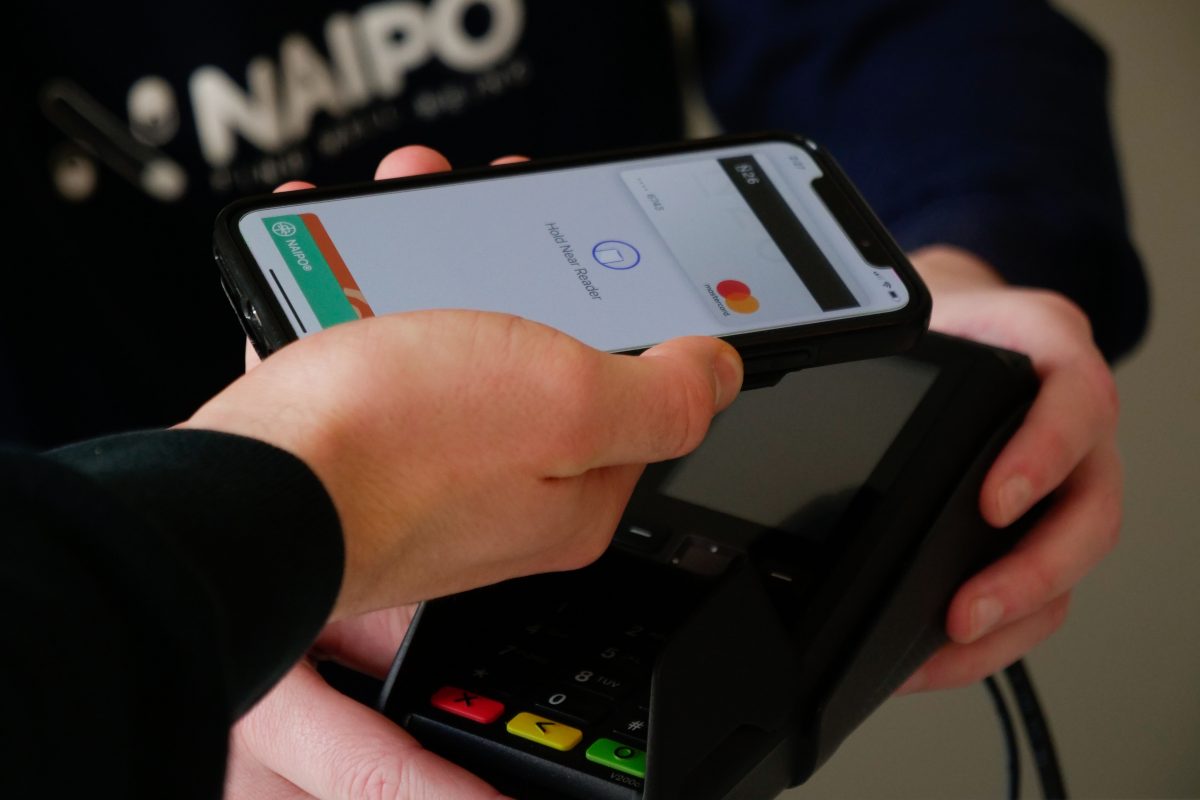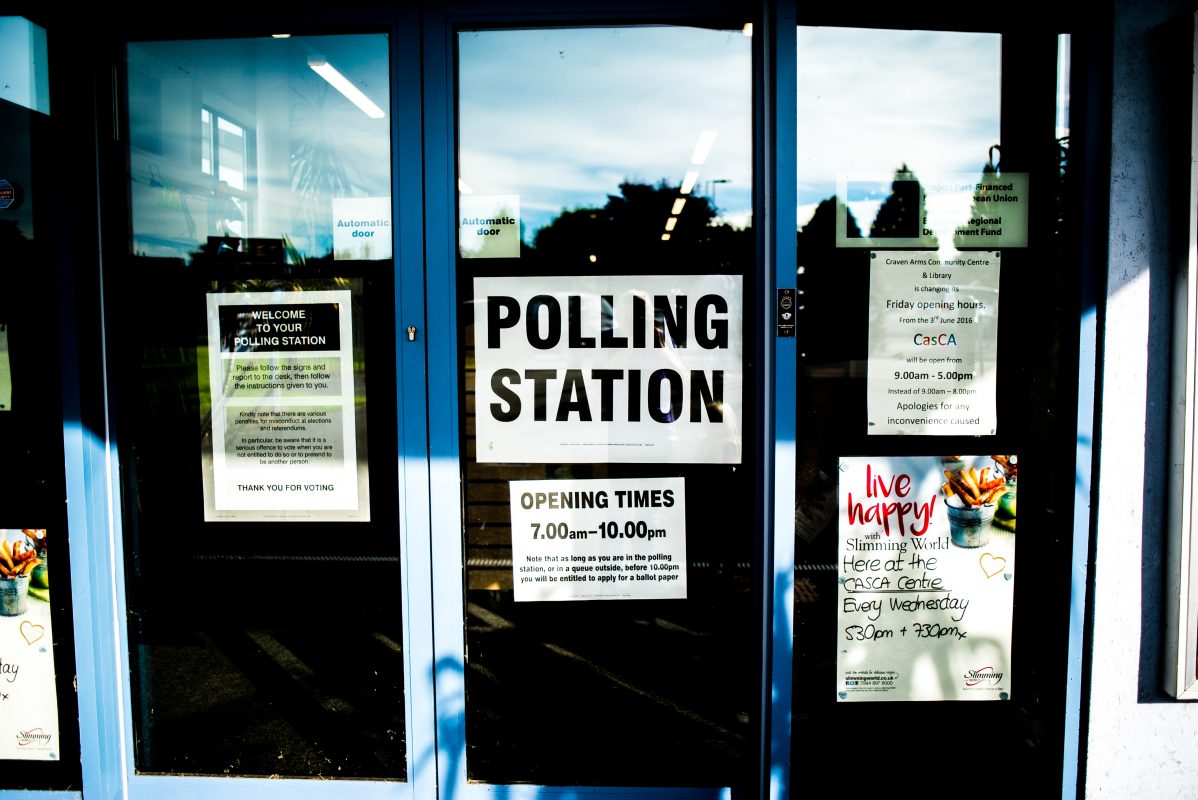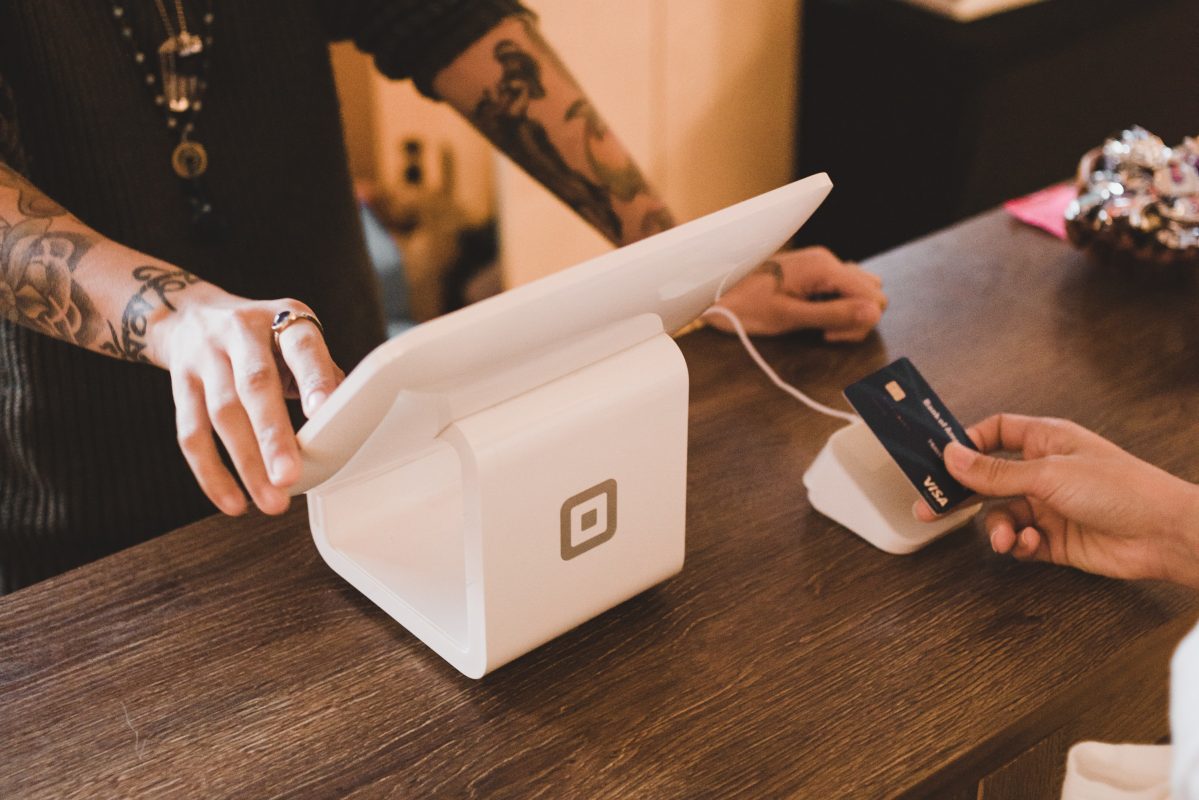If you're looking for a credit card but don't want to put up any collateral, you may be wondering what an unsecured credit card is. An unsecured credit card is a type of credit card that doesn't require you to put down any money upfront. This makes it a great option for people who are just starting out or who don't have any assets they can use as collateral. In this article, we'll explain what unsecured cards are, how they work, and what to watch out for when applying.
What Is an Unsecured Credit Card Table of Contents
What Is an Unsecured Credit Card Table of Contents
What Is an Unsecured Credit Card?
What is a Secured Credit Card?
What is The Difference Between a Secured and Unsecured Credit Card?
What Are The Benefits of a Secured Credit Card?
Is an Unsecured Credit Card Easy to Get?
Unsecured Credit Cards Vs. Prepaid Debit Cards
Is an Unsecured Credit Card Worth It?
What Are Some Disadvantages of an Unsecured Credit Card?
How Do Unsecured Credit Cards Work?
What Is an Unsecured Credit Card Table of Contents
What Is an Unsecured Credit Card?
What is a Secured Credit Card?
What is The Difference Between a Secured and Unsecured Credit Card?
What Are The Benefits of a Secured Credit Card?
Is an Unsecured Credit Card Easy to Get?
Unsecured Credit Cards Vs. Prepaid Debit Cards
Is an Unsecured Credit Card Worth It?
What Are Some Disadvantages of an Unsecured Credit Card?
How Do Unsecured Credit Cards Work?
What Credit Score Do I Need for an Unsecured Credit Card?
Do Unsecured Credit Cards Have a Limit?
What Is an Unsecured Credit Card?
An unsecured credit card is a type of credit card that doesn't require you to put down a deposit. Unsecured cards are typically more difficult to get than secured cards, making them a good option for people with excellent or good credit history. However, because you're not required to put down a deposit, unsecured cards typically have lower interest rates than secured cards.
If you're thinking about getting an unsecured card, it's important to compare offers and make sure you understand the terms and conditions before applying. Once you've been approved for the card, you can start using it just like any other credit card - but be sure to keep up with your payments so you don't damage your credit score.
There are several benefits to having an unsecured credit card:
- You can avoid the hassle of having to put down a security deposit.
- Unsecured cards tend to have lower interest rates than secured cards.
- You may be able to qualify for rewards and perks, such as cash back or travel points.
What is a Secured Credit Card?
A secured credit card is a type of credit card that requires you to put down a deposit, which serves as your credit limit. Secured cards are typically easier to get than unsecured cards, making them a good option for people with limited or no credit history. However, because you're required to put down a deposit, secured cards typically have higher interest rates than unsecured cards.
If you're thinking about getting a secured card, it's important to compare offers and make sure you understand the terms and conditions before applying. Once you've been approved for the card and made your initial deposit, you can start using it just like any other credit card - but be sure to keep up with your payments so you don't damage your credit score.
What is The Difference Between a Secured and Unsecured Credit Card?
An unsecured credit card is a type of credit card that does not require a security deposit. This is in contrast to a secured credit card, which does require a security deposit. The main difference between the two types of cards is that an unsecured credit card offers more flexibility and perks than a secured credit card.
With an unsecured credit card, you will have access to a higher line of credit and you will not have to put down a security deposit. Additionally, unsecured cards often come with better terms and rewards programs than their secured counterparts. However, since they are not backed by collateral, they may be harder to qualify for if you have bad or limited credit history.
If you are trying to build or rebuild your credit, a secured credit card may be a better option for you. These cards require a security deposit, which acts as collateral in case you default on your payments. While you will likely have a lower credit limit with a secured card, it can be easier to qualify for than an unsecured card.
What Are The Benefits of a Secured Credit Card?
If you are looking to improve your credit score, then a secured credit card is a great option. With a secured credit card, you will be required to put down a deposit that will serve as your line of credit. This deposit is usually equal to your credit limit. Because you are not borrowing money from the issuer, there is no risk involved for them and they are more likely to approve your application even if you have bad credit. Additionally, using a secured credit card responsibly can help improve your credit score over time.
Some issuers may even offer rewards or cash back on purchases made with a secured card. So if you are looking to build up your credit history while also earning some perks, then a secured credit card could be a good option for you. Just be sure to shop around and compare offers before applying to find the best card for your needs.
Is an Unsecured Credit Card Easy to Get?
Generally speaking, an unsecured credit card is easier to obtain than a secured credit card. That being said, there are still some requirements that must be met in order to qualify for an unsecured card. For example, most issuers will require that you have a good to excellent credit score. Additionally, you may need to provide proof of income and have a positive credit history.
If you're interested in obtaining an unsecured credit card, we recommend doing some research beforehand to find the best option for your needs. There are many different types of unsecured cards available on the market, so it's important to compare features and benefits before making a decision.
Unsecured Credit Cards Vs. Prepaid Debit Cards
Prepaid debit cards and unsecured credit cards are not the same. Here’s how to tell them apart:
An unsecured credit card does not require a deposit like a prepaid debit card. Instead, your credit limit is based on your creditworthiness, which is determined by your credit score and history. This means that if you have a good credit score, you may be able to qualify for a higher limit than someone with bad credit.
Unsecured credit cards also come with more fees than prepaid debit cards. For example, you may have to pay an annual fee, late payment fees, and cash advance fees. However, unsecured credit cards often offer rewards like cash back or points that can be redeemed for travel.
If you’re trying to build or improve your credit, an unsecured credit card may be a good option. Just be sure to use it responsibly by making on-time payments and keeping your balance low. Prepaid debit cards, on the other hand, are not reported to the credit bureaus and cannot help you build credit.
Is an Unsecured Credit Card Worth It?
An unsecured credit card is a type of credit card that does not require a security deposit. Instead, your credit limit is based on your creditworthiness. Unsecured cards are generally easier to qualify for than secured cards, but they often come with higher interest rates and fees.
If you have bad or no credit, an unsecured card may be one of the only options available to you. But just because you can get an unsecured card doesn't mean it's the best choice. Before you apply, make sure you understand what an unsecured card is and how it works. That way, you can decide if an unsecured card is right for your financial needs.
What Are Some Disadvantages of an Unsecured Credit Card?
An unsecured credit card may have a higher interest rate than a secured credit card. This is because the issuer perceives unsecured cards as being riskier. Another disadvantage is that you may be required to have a good to excellent credit score in order to qualify for an unsecured card. Finally, your credit limit may be lower on an unsecured card than it would be on a secured card.
Despite these disadvantages, there are some advantages to using an unsecured credit card. One advantage is that you will not have to put down a security deposit in order to get the card. Another advantage is that you can use your unsecured credit card anywhere that accepts credit cards - which is most places.
How Do Unsecured Credit Cards Work?
Unsecured credit cards are not backed by any collateral, which means that if you default on your payments, the card issuer cannot seize your assets. Instead, they will likely report your delinquency to the major credit bureaus, which could damage your credit score.
What Credit Score Do I Need for an Unsecured Credit Card?
An unsecured credit card does not require a deposit like a secured credit card, but that doesn't mean it's easier to get. You still need good credit to qualify for an unsecured card. That generally means a score of 670 or higher.
If you don't have good credit, you may still be able to get an unsecured card, but you'll likely pay a higher interest rate and annual fee. And you may only be approved for a small line of credit. So if you're looking to rebuild your credit, a secured card may be a better option.
Do Unsecured Credit Cards Have a Limit?
Most unsecured credit cards will come with a credit limit. This is the maximum amount of money that you're allowed to spend in a day, week, or month. Depending on your card, your credit limit may be high or low. If you have a high credit limit, you'll be able to make larger purchases without having to worry about exceeding your limit. On the other hand, if you have a low credit limit, you'll need to be more careful about how much you spend.
Some unsecured credit cards may not have a specific credit limit. Instead, these cards may have what's called a "revolving balance." This means that you can continue to use the card as long as you make minimum payments on time. However, if you don't make your payments, your card may be canceled.
If you're thinking about getting an unsecured credit card, it's important to understand how credit limits work. This way, you can use your card responsibly and avoid exceeding your limit. With a little bit of planning, you can use an unsecured credit card to your advantage.













